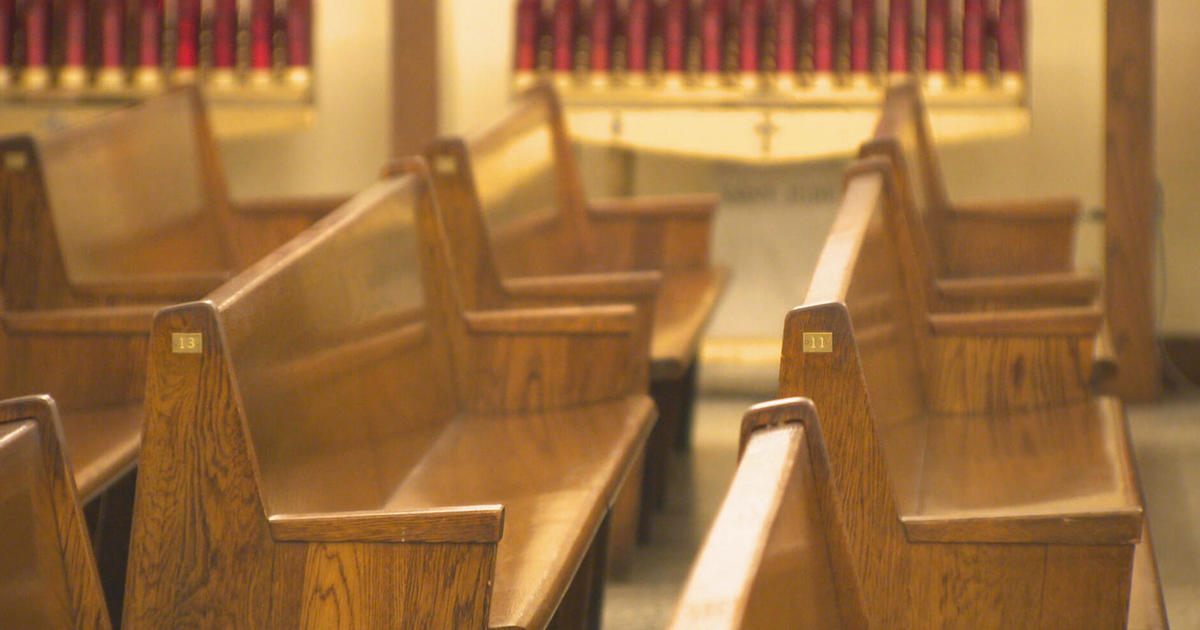New Autism Care Rules Require Some To Pay For Once Free Services
PITTSBURGH (KDKA) - Parents of children with autism are protesting new rules that took effect today in Pennsylvania, which will require parents at certain income levels to partially pay for services that used to be free.
Nicki Gratton, of Plum, is one of them. She has three children. Jeremy has cerebral palsy and Riley has pervasive developmental disorder, which is a type of autism.
Gratton told KDKA-TV's Dr. Maria Simbra that three home visits per week to help her with her children's behavior issues have "been a God-send."
The Pennsylvania Department of Public Welfare used to provide these services at no charge for 48,000 children with mental and physical disabilities.
However, families earning more than $45,000 a year will now have to pay co-pays ranging from $1 to $3 per service. Items such as medical equipment, physical, occupational and speech therapy and outpatient services are exempt.
Cathy Hughes with Family Behavioral Resources, which provides services now subject to co-pays, said the change could be devastating.
"I'm taking calls and e-mails night and day from families that are going to pay between $400 to $700 a month and they're going to have to make huge sacrifices," Hughes said.
She also worries about her agency and others having to lay off staff, or parents quitting their jobs so they fall under the poverty level and qualify for free services.
Welfare Secretary Gary Anderson said adding the co-pays was necessary to keep services afloat.
"We're growing in the department at eight percent a year, and state revenues are only growing at two percent. In order for us to be able to sustain it for the long haul, the families need to start to pay something for their health care," said Anderson.
Anderson said eligibility is based on child income, not family income, although that is creating a situation where some families in higher income brackets will not be asked to pay co-pays, while those below the poverty line and on Medicaid may be asked to pay.
"What we've found out is that our higher utilizers tend to be our higher income categories. One in four of our families make over $100,000 a year. And we have approximately 300 families make over $500,000 a year," Anderson said.
However, Hughes said some of her families are reporting that the state has incorrect income data, off by as much as 200 percent. And she thinks there are other ways the state could make ends meet.
"There is existing law particularly for autism spectrum disorders that mandates that private insurance carriers cover autism. And even with that law, 70 percent of insurance carriers are still excluding autism," Hughes said.
The Hospital and Health System Association of Pennsylvania is also opposed to the changes, saying the new policy puts an undue burden on hospitals and service providers.
Although the Welfare Department said no service will be denied if a family is facing financial hardship, Gratton still worries.
"It's [going to] be a struggle. It's [going to] be a sit down and come up with a new game plan and a whole budget, because I don't know how I'm going to do it, to be honest," Gratton said.
RELATED LINKS
More Local News
More Health News
More Reports From Dr. Maria Simbra



